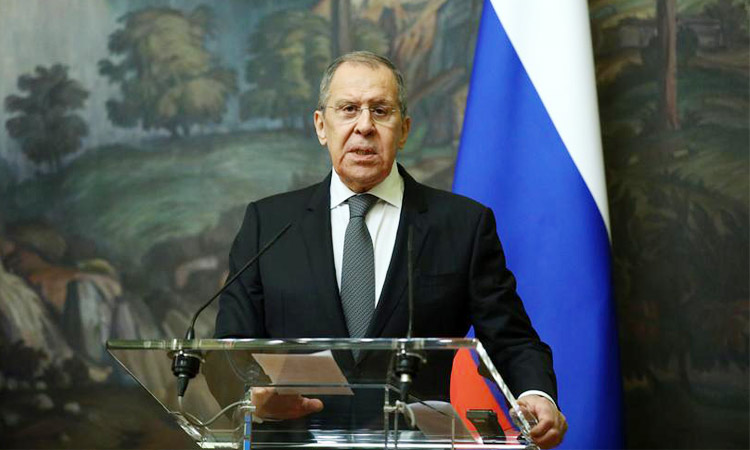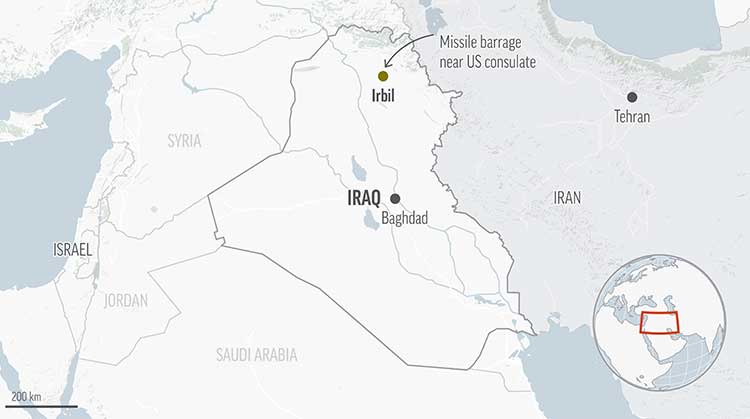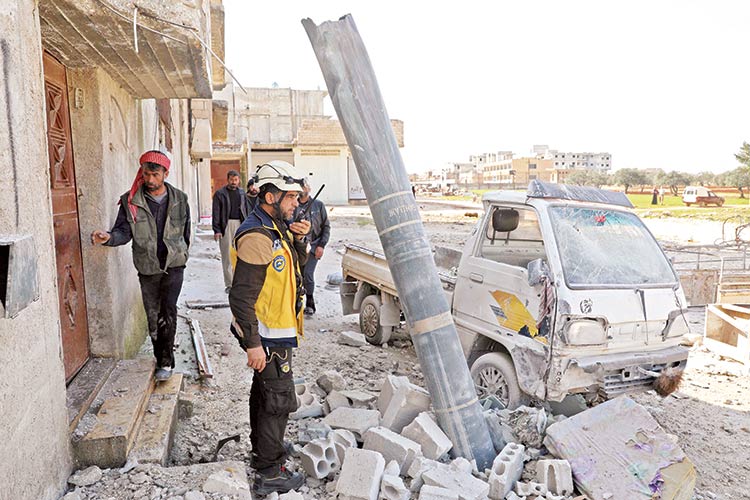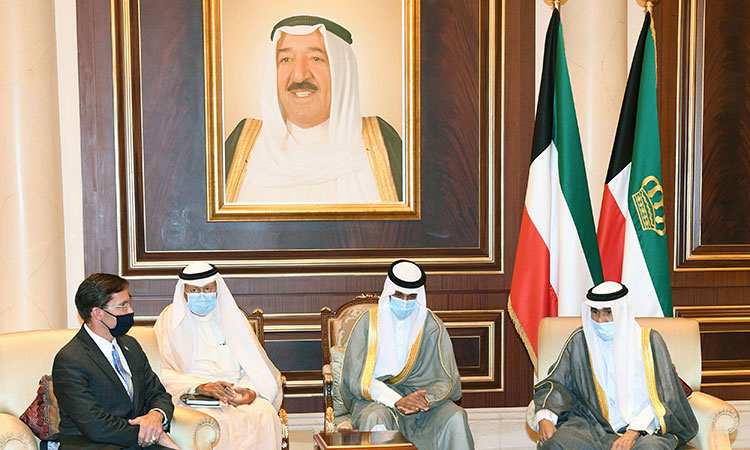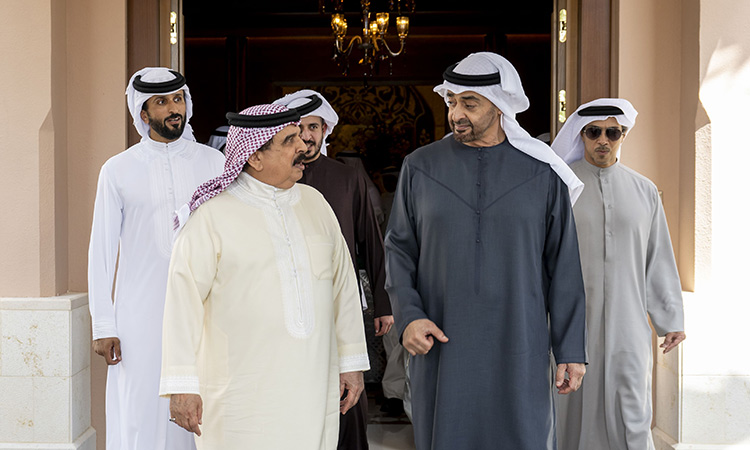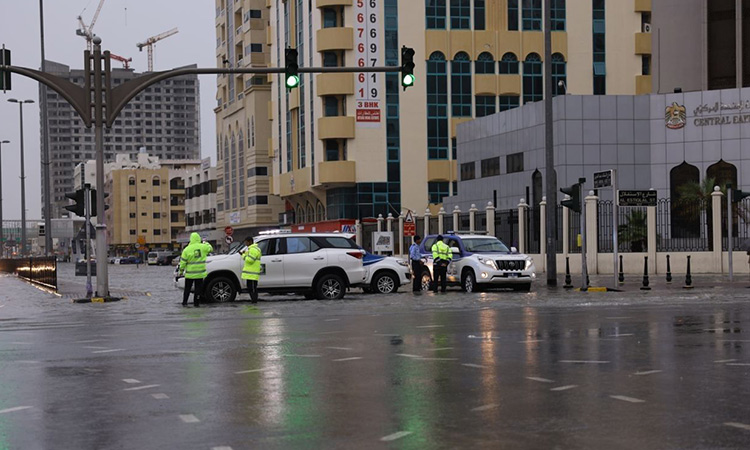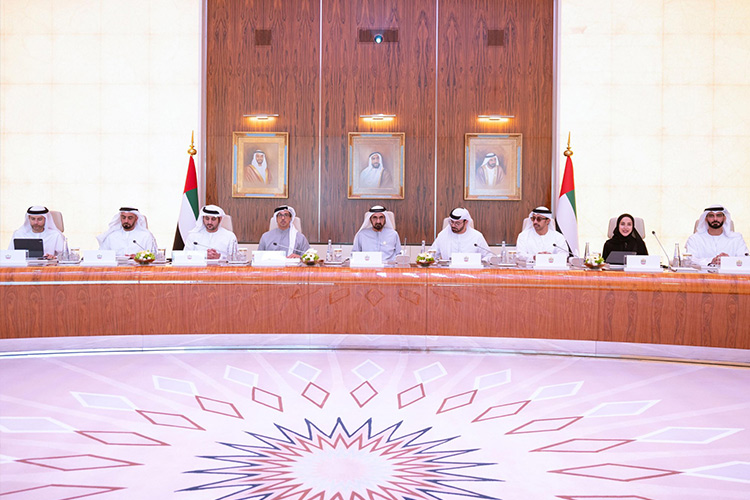Any conflict with Iran wouldn’t last long: US
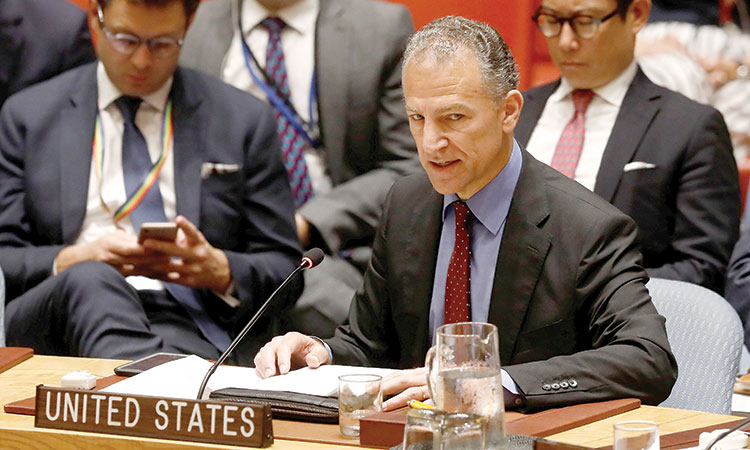
US official Jonathan Cohen addresses the UNSC briefing on Iran nuclear deal in New York on Wednesday. Reuters
Asked if a war was brewing, Trump told Fox Business Network: “I hope we don’t but we’re in a very strong position if something should happen.”
“I’m not talking boots on the ground,” Trump said. “I’m just saying if something would happen, it wouldn’t last very long.”
On Tuesday, Trump threatened the “obliteration” of parts of Iran if it struck US interests.
President Hassan Rouhani, who normally presents Tehran’s mild-mannered face, called White House policy “mentally retarded.”
A spokesman for Iran’s Atomic Energy Organisation said on Wednesday that one of those deadlines would expire the following day, with Iran potentially exceeding a limit imposed under the deal to keep its stockpile of enriched uranium below 300kg.
“The deadline of the Atomic Energy Organization for passing the production of enriched uranium from the 300kg limit will end tomorrow,” the IRIB news agency quoted spokesman Behrouz Kamalvindi as saying. He added that after the deadline Iran would speed up its rate of producing the material.
The UN political affairs chief, Rosemary DiCarlo, told the Security Council on Wednesday that implementation of the nuclear deal could be hindered both by the US moves to bar countries from buying Iranian oil and by Iran’s announcement that it would reduce compliance.
Iran says it would be Washington’s fault if it exceeds the 300kg stockpile threshold.
French President Emmanuel Macron on Wednesday said Iran and world powers including the United States needed to find a way back into talks that restore trust and defuse a dangerous escalation in tensions.
Macron told Japan’s public broadcaster NHK, he Trump’s goal of preventing Iran obtaining nuclear weapons but at times disagreed with his methods.
“I believe the escalation, sanctions on top of sanctions, provocations, the military build-up, is extremely dangerous because it could ignite the region, it could lead to over-reactions,” Macron told Japanese broadcaster NHK on the eve of a G20 summit in Osaka. Macron said Paris and Washington wanted to negotiate a new, more stringent deal. But first, he added, little gestures were needed to defuse tensions.
“Now, all parties must find a way into what might be a negotiation that in the short term ensures no one loses face and which allows confidence to be rebuilt,” Macron said. “When confidence is lost, you need little gestures to reduce tensions.”
European states pushed Iran on Wednesday to stick with the deal, stressing during a United Nations Security Council (UNSC) meeting that there is “no credible, peaceful alternative.”
“The JCPOA is a nuclear agreement that has been working and delivering on its goals. There is also no credible, peaceful alternative,” European Union UN Ambassador Joao Vale de Almeida told the 15-member UNSC.
The nuclear deal is endorsed in a 2015 Security Council resolution.
UN Secretary-General Antonio Guterres reports every six months on implementation of that resolution, which also subjects Iran to an arms embargo and other restrictions.
French UN Ambassador Francois Delattre warned that the end of the deal “would mean a dangerous step backwards, bring with it uncertainty and potentially grave consequences for the region for the nonproliferation regime and for our collective security.”
“Tehran must refrain from any measure that would place Iran in breach of its commitments,” he told the council.
Under the nuclear deal most UN and western sanctions on Iran were lifted, however the United States has imposed new sanctions on Iran that is says are designed to force Iran back to the negotiating table.
Russian UN Ambassador Vassily Nebenzia said Moscow wanted Iran to remain committed to the nuclear deal, but also accused the United States of sending mixed signals.
“We hear assertions that nobody is planning regime change in Iran and then at the same time we hear threats about obliteration and new sanctions are being introduced, there are calls for dialogue and then in parallel openly they declare the intention to increase military presence in the region,” he said.
Agencies
